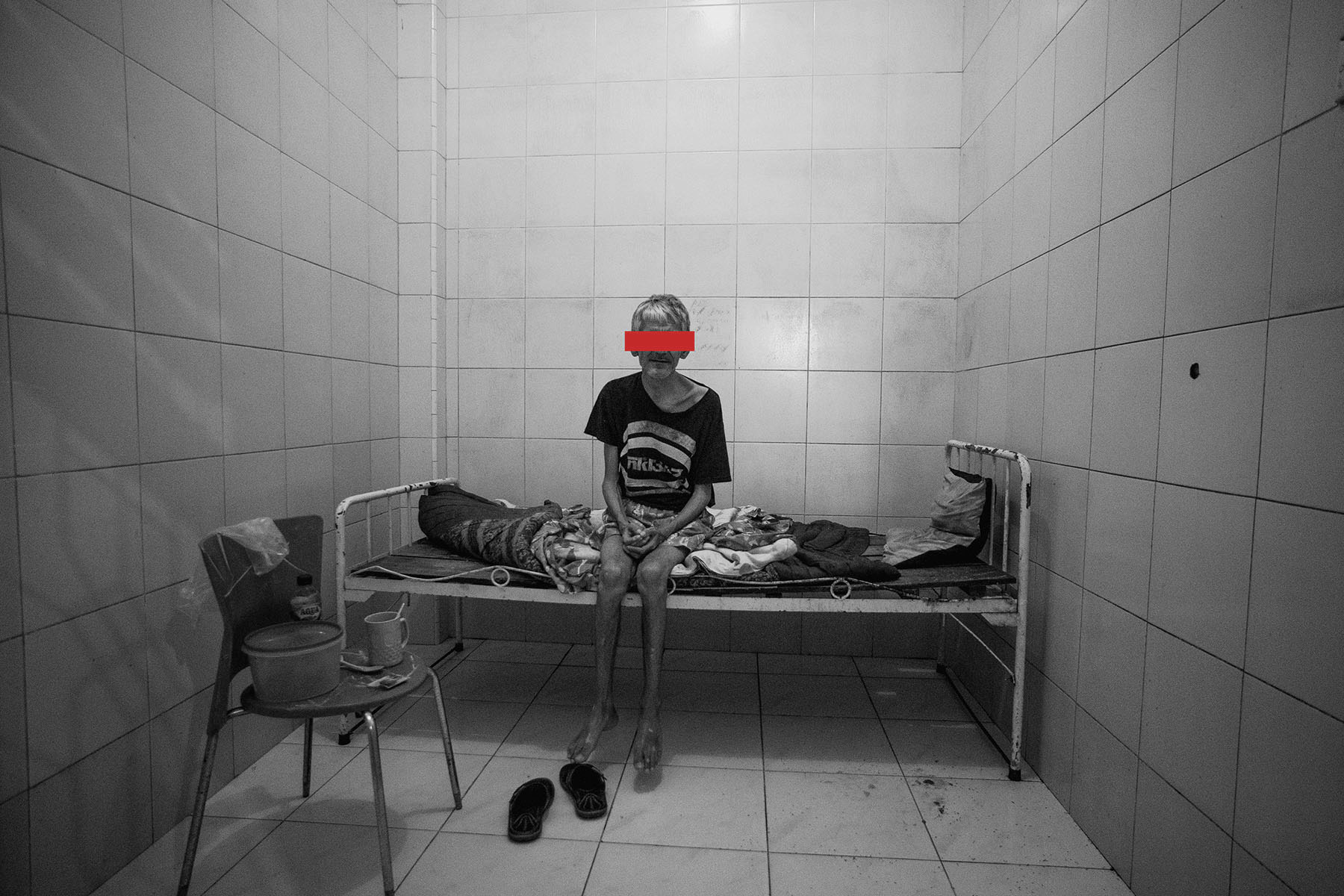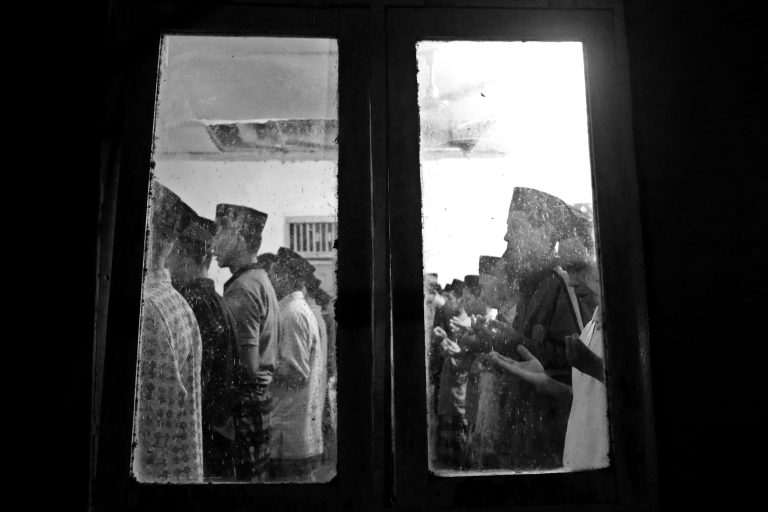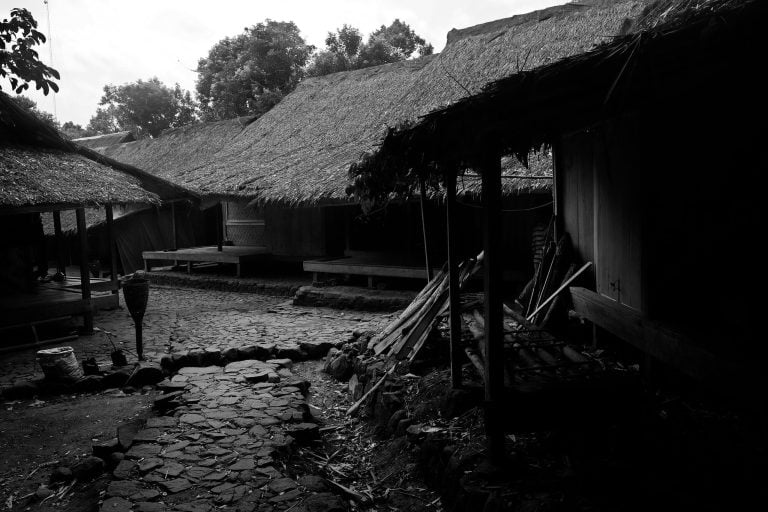Warning: This story contains references to experiences of depression and suicide.
We want to live like you, as human beings, with a home and our families safe and sheltered
My name is Ali Froghi. I am 26 years old. In 2013, I arrived in Indonesia as a refugee. For as long as I have been here, it has been unclear how refugees are supposed to find a new country to one day call home – a place where we could sleep comfortably, work, and raise our families. It has been almost a decade. I don’t know if I will ever get to experience that.
Back in Afghanistan, I was a painter. In Indonesia, I also pursued photography. Photographs became a way for me to convey and share the grief and indescribable pain that we refugees have to face daily.
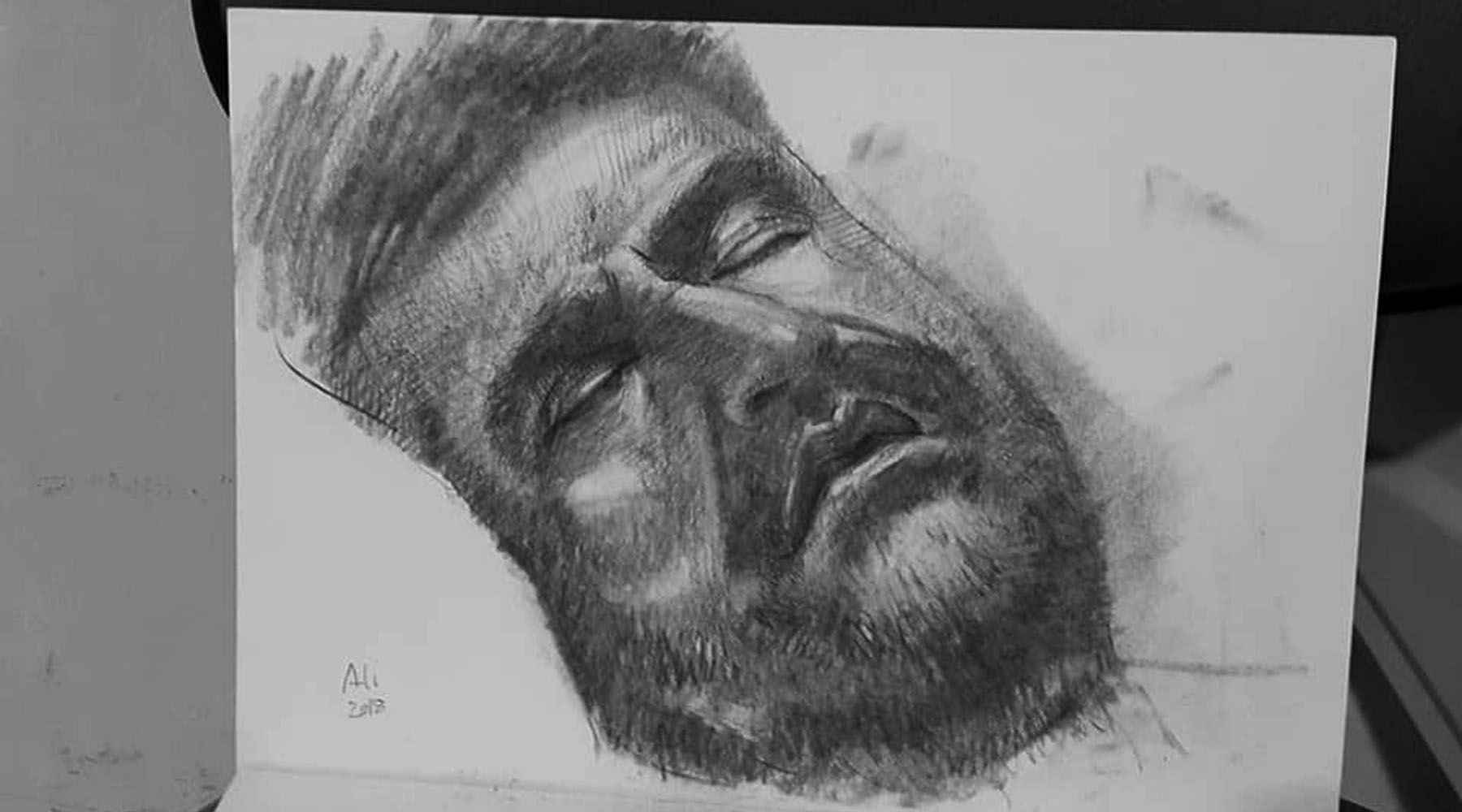
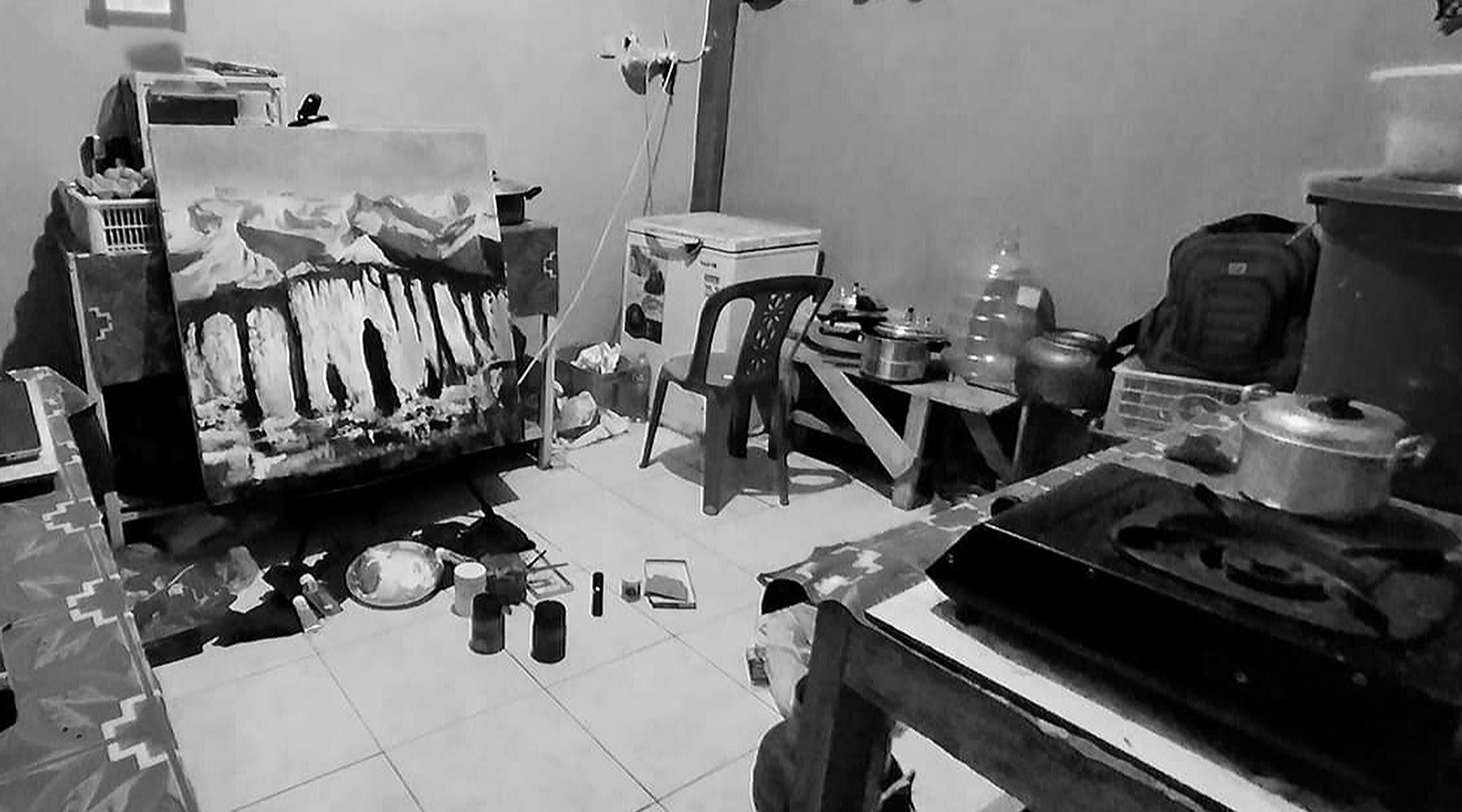
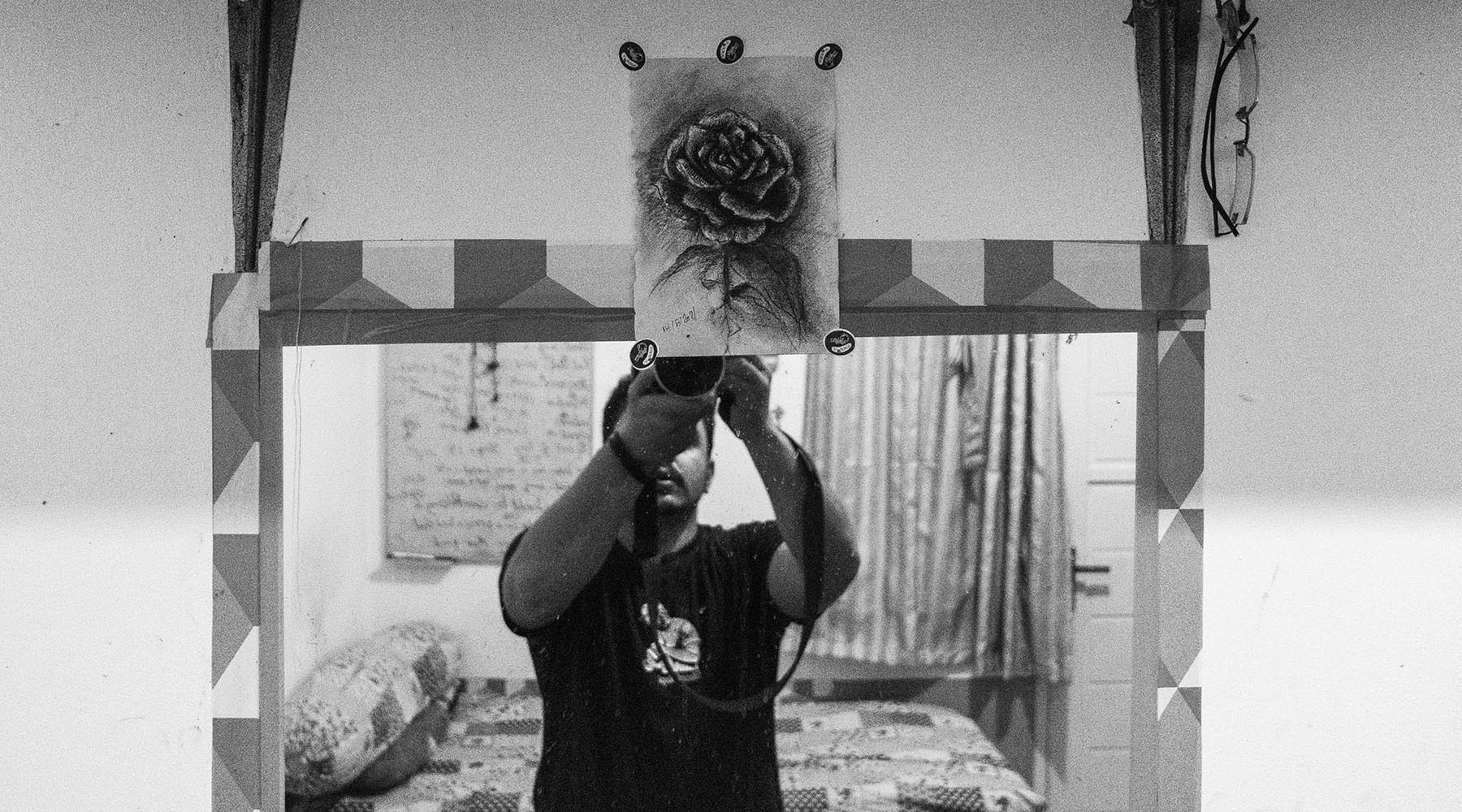
Nine years is no short time. 3,285 days have passed me by. Time just keeps on going. And we spend most of it doing nothing meaningful.
From day to day, we are tossed between an emergent hope and the fear that is created around us. In the end, the thousands of refugees in Indonesia, including me, can only do our best to be patient. Yes, we are still breathing, but we are not living.
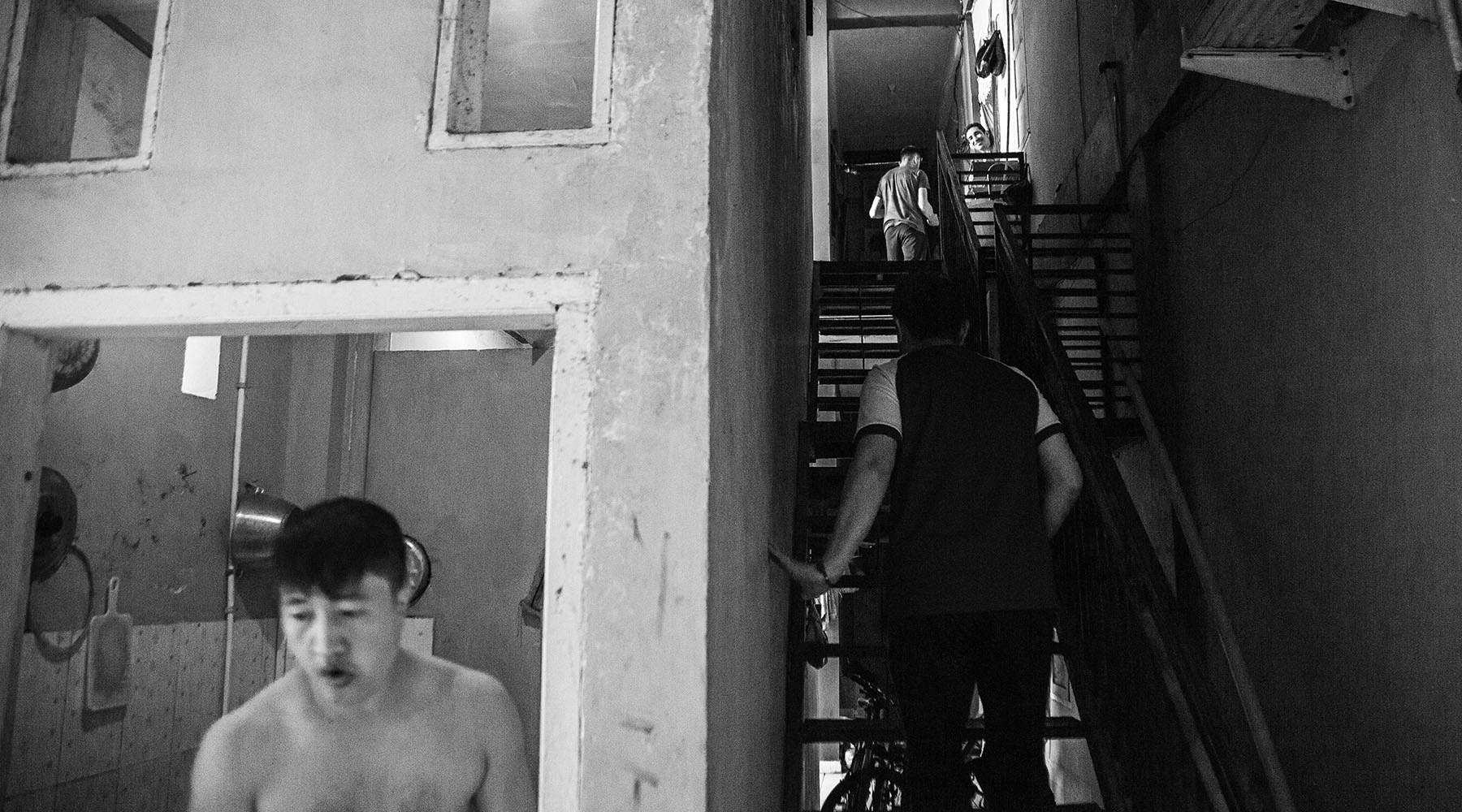
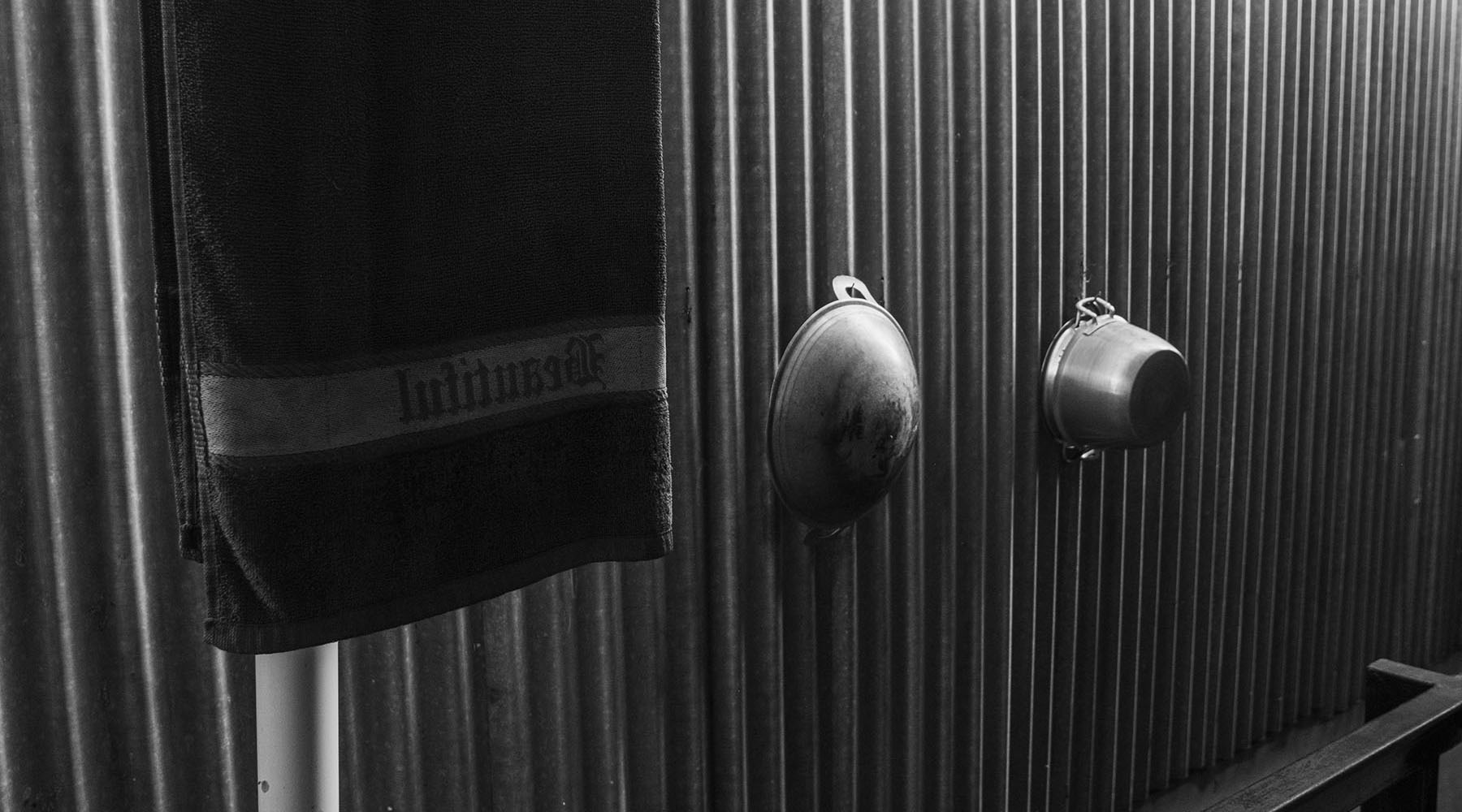
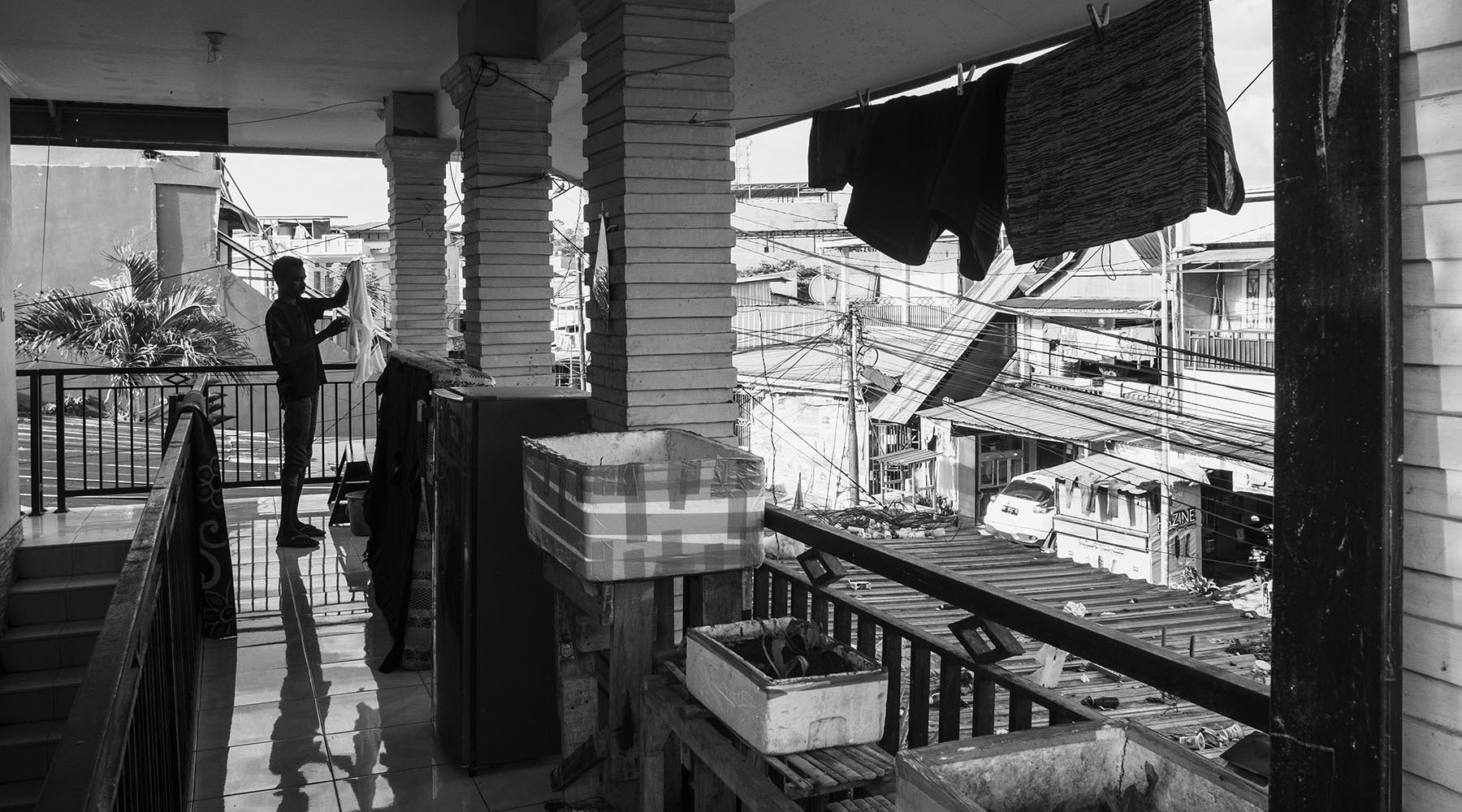
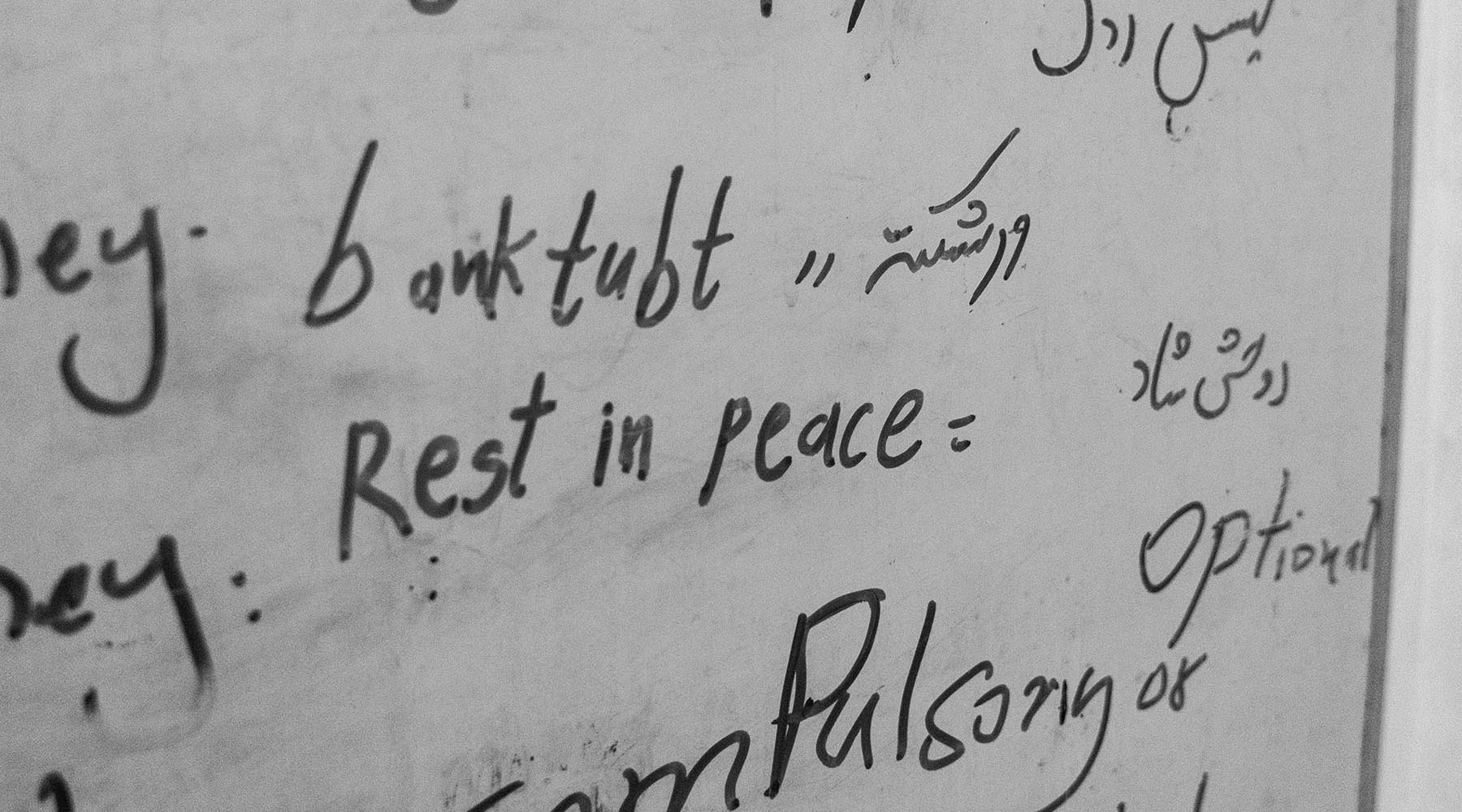
Our future remains desolate. In the pitch-dark of our lives, we are unable to run from feelings of frustration and depression. In Makassar, I attended the funeral of fellow refugees many times. Some died of sickness, some committed suicide.
Since 2013, as many as 17 refugees have ended their own lives, 16 Hazara and 1 Rohingya. Other than that, there have been more than 20 cases of suicide attempts that I know of. We try to look after each other so that this doesn’t happen. A few of my fellow refugees said that those who died at least no longer have to feel the pain and bitterness of life. But what about those who are still trying to stay alive? There is not a single one of us who has never taken depression medication or sleeping pills.
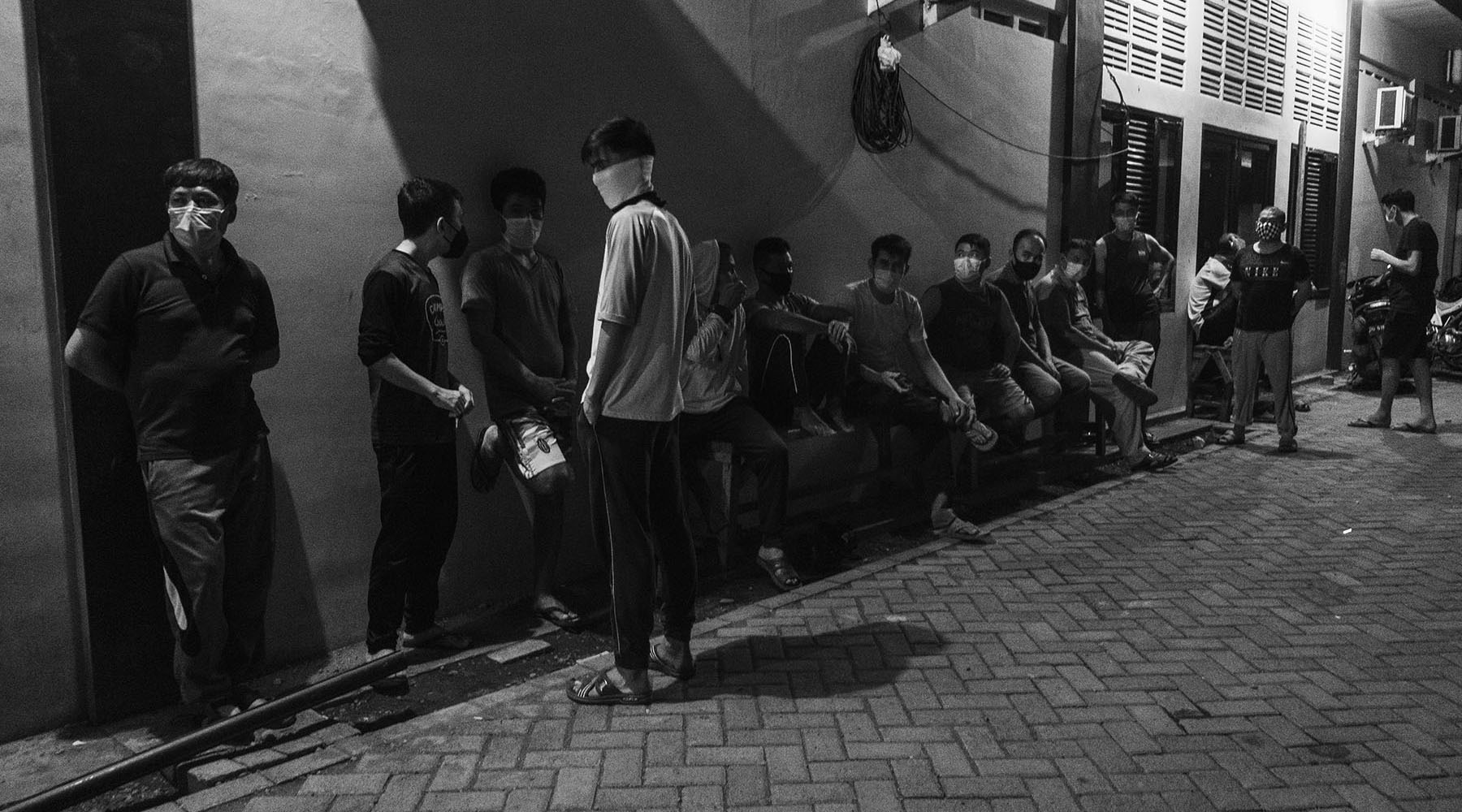
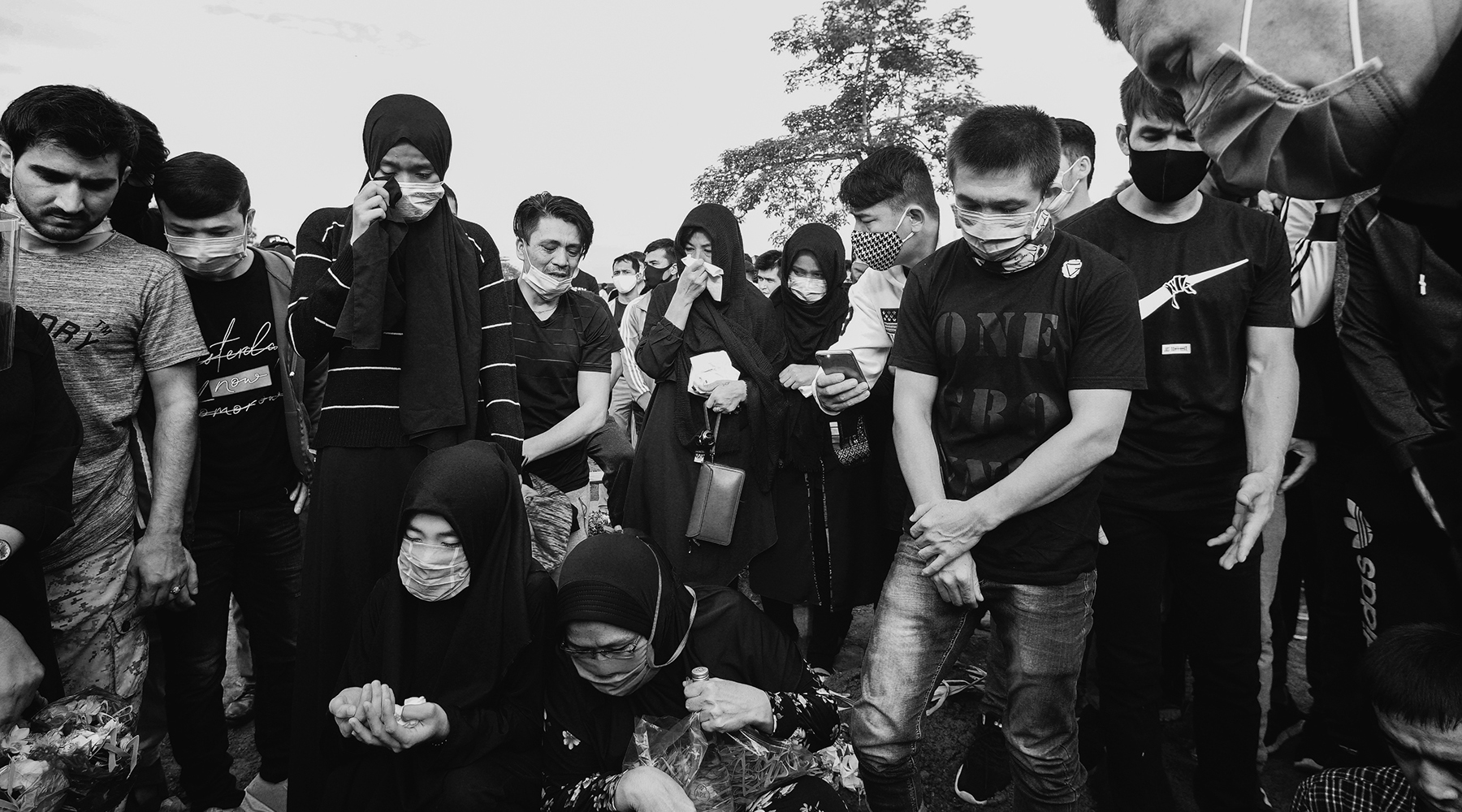
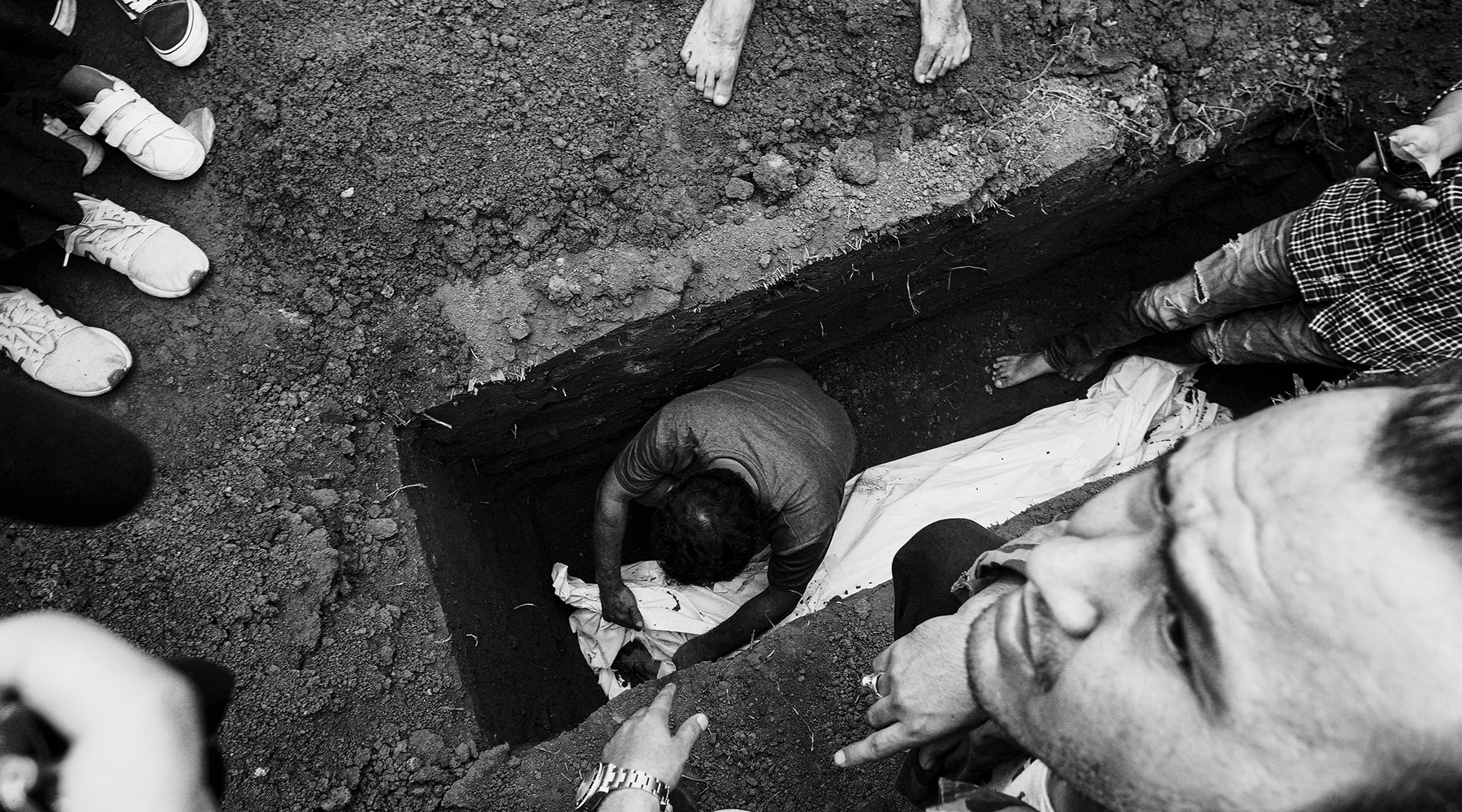

Let me introduce you to a 50-year old refugee from Afghanistan. His name is Bismillah. He is a father of two; a 10-year old daughter and a 14-year old son.
He used to live in Kabul. The explosions from bombs and constant shootings forced him to leave his country. He wasn’t hoping for much, only to find a country that could give him security and the ability to live. After that, he was going to bring his family to join him.
In 2013, along with dozens of others, Bismillah got a plane ticket to India. From there, he departed to Malaysia, then braved the seas to cross over to Medan, Indonesia. Finally, he arrived in Makassar, where he currently resides.
Bismillah lives in a 2×3 square-meter room provided by the IOM (International Organization for Migration, a partner of the United Nations’ Refugee Agency). The room houses two people. Every morning, he wakes up at 4:30 for his morning prayer. Then, he takes a walk around the campus grounds of Hasanuddin University.
The longing he feels for his family is beyond description. From his mobile phone, Bismillah has watched his children grow up without him for the last nine years. “When can you give me a hug? I’ll be grown soon and when I’m grown I’ll be too embarrassed to be hugged,” said his daughter.
Bismillah could not give her an answer. In his room, crying, he lets his memories carry him far away, back to Kabul.
In 2021, Bismillah’s mother passed away from cancer. A year later, his father followed suit. He can now only relive memories from nine years ago in his heart. All he can do is surrender and pray.
To me, Bismillah is a portrait of all refugees here in this transit country, waiting indefinitely for their ‘new home’ in countries who offer permanent asylum.
If people wonder why Indonesia receives so many refugees, this story may be able to paint a picture. We want to live like you, like human beings, with a home and our families safe and sheltered.
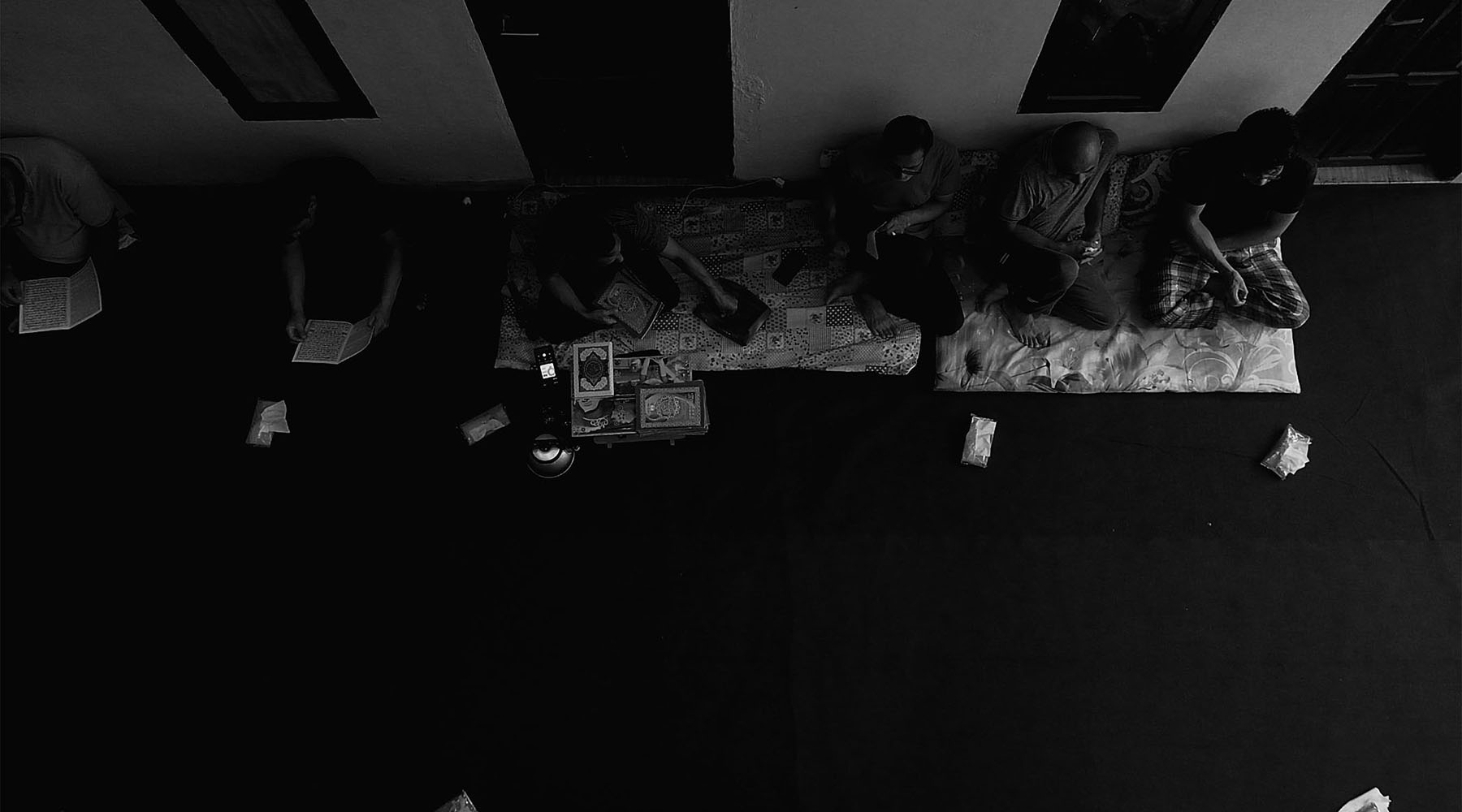
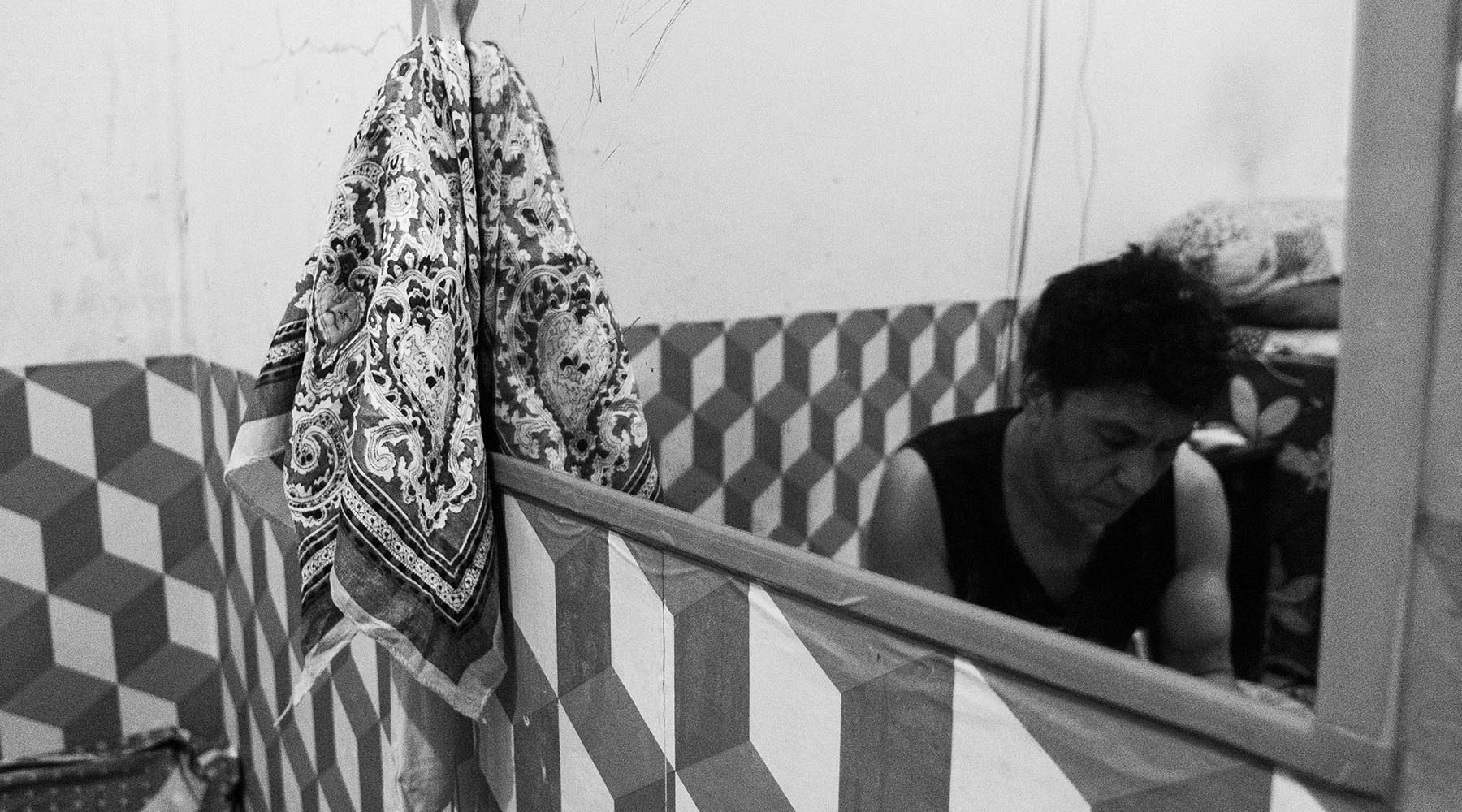
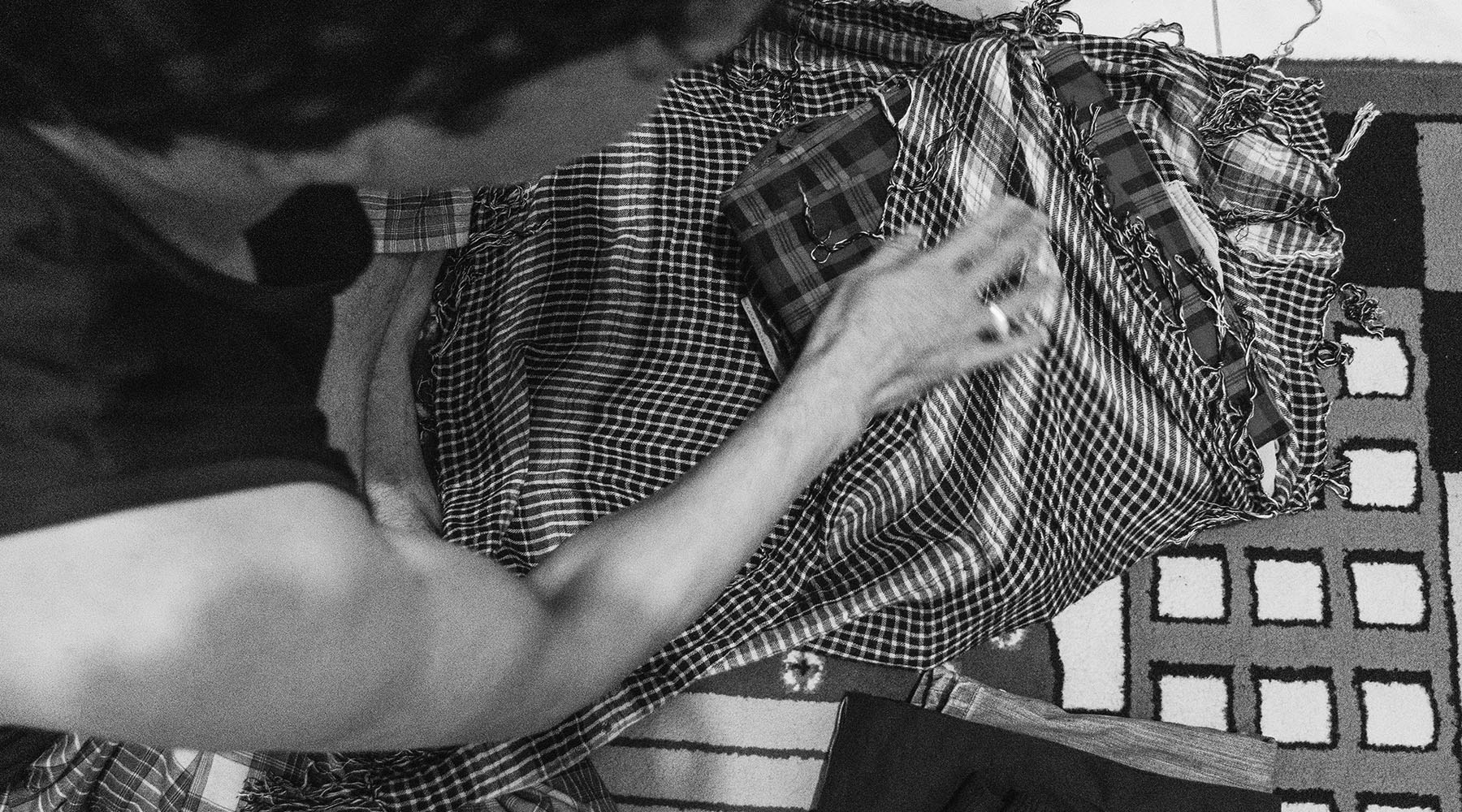
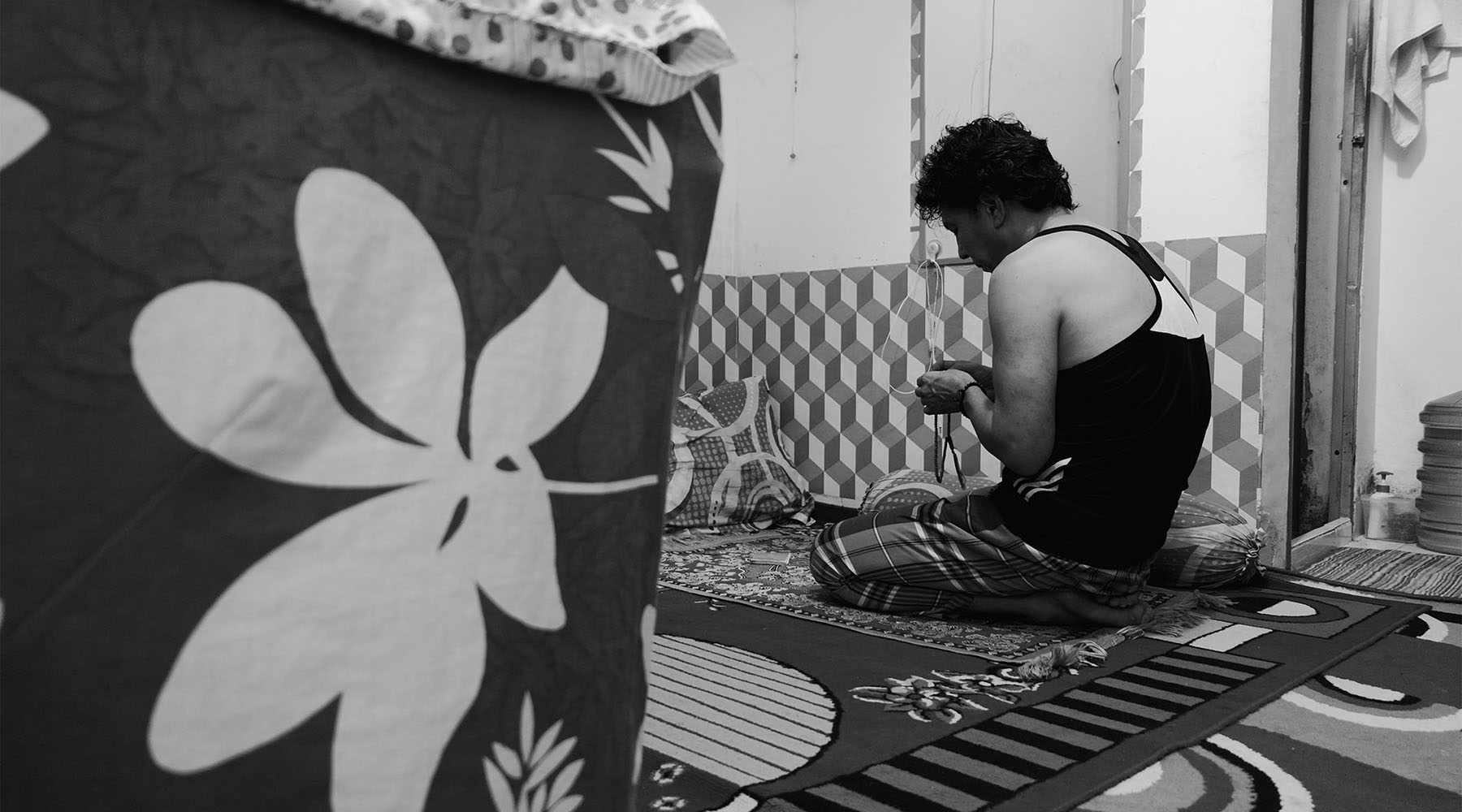
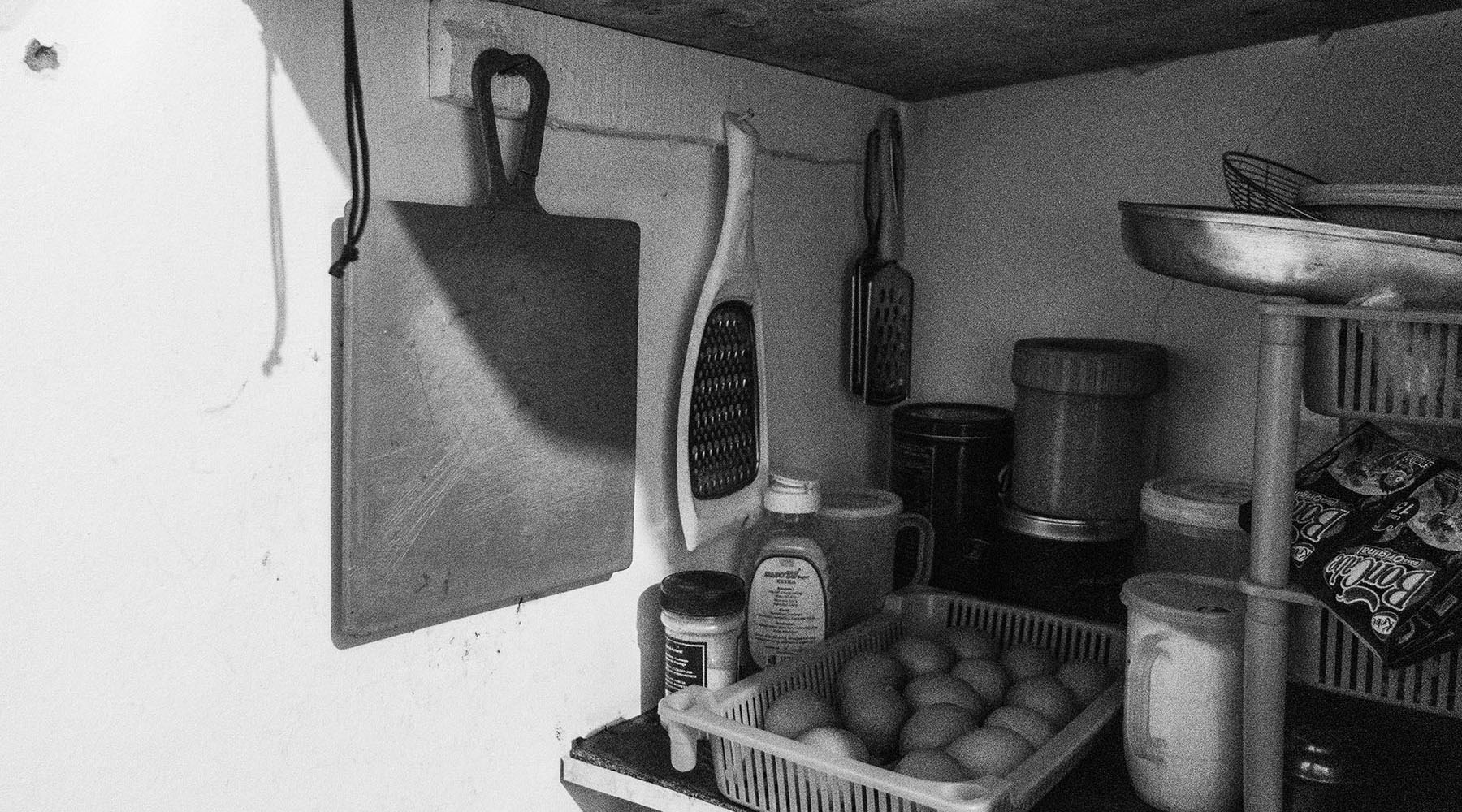
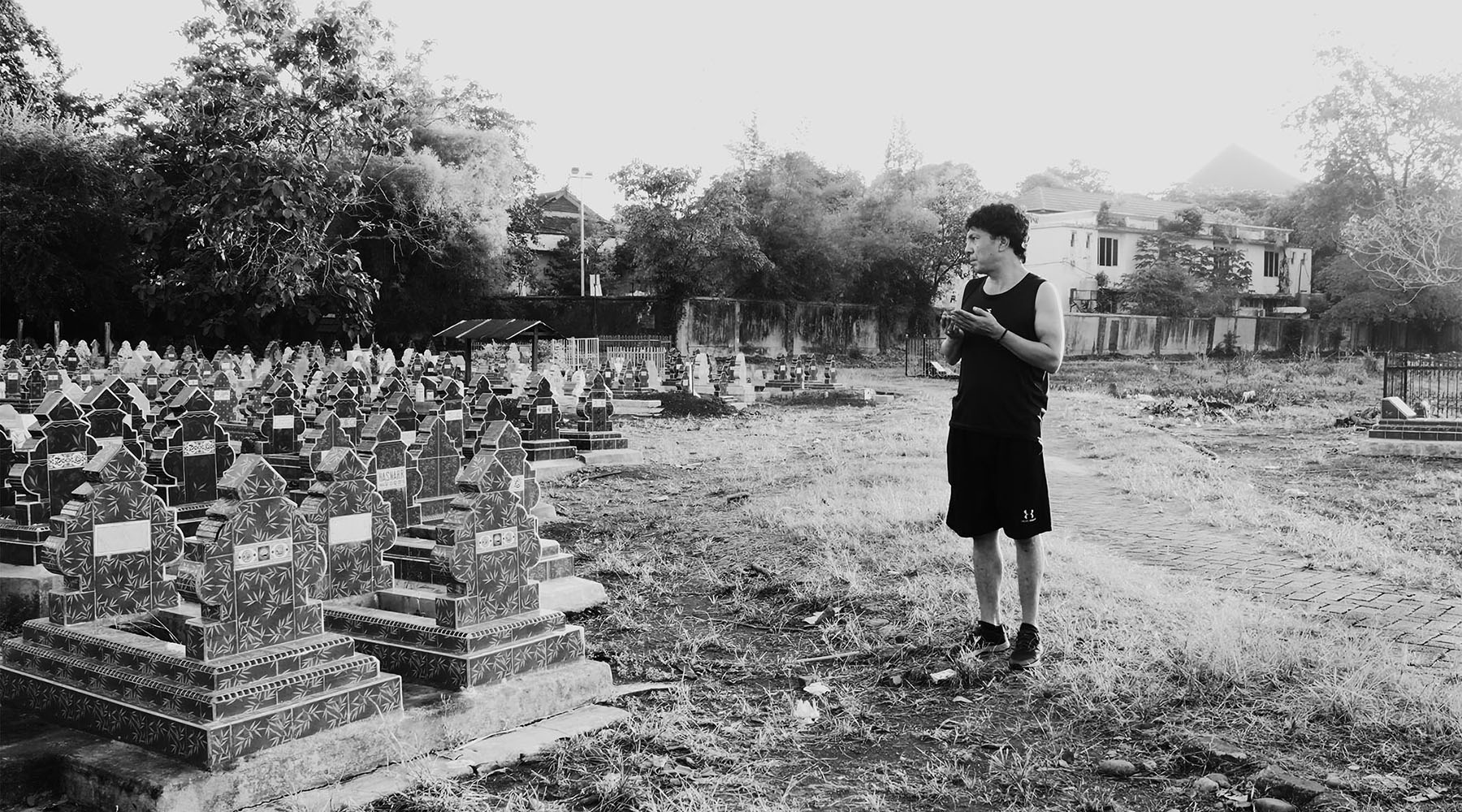
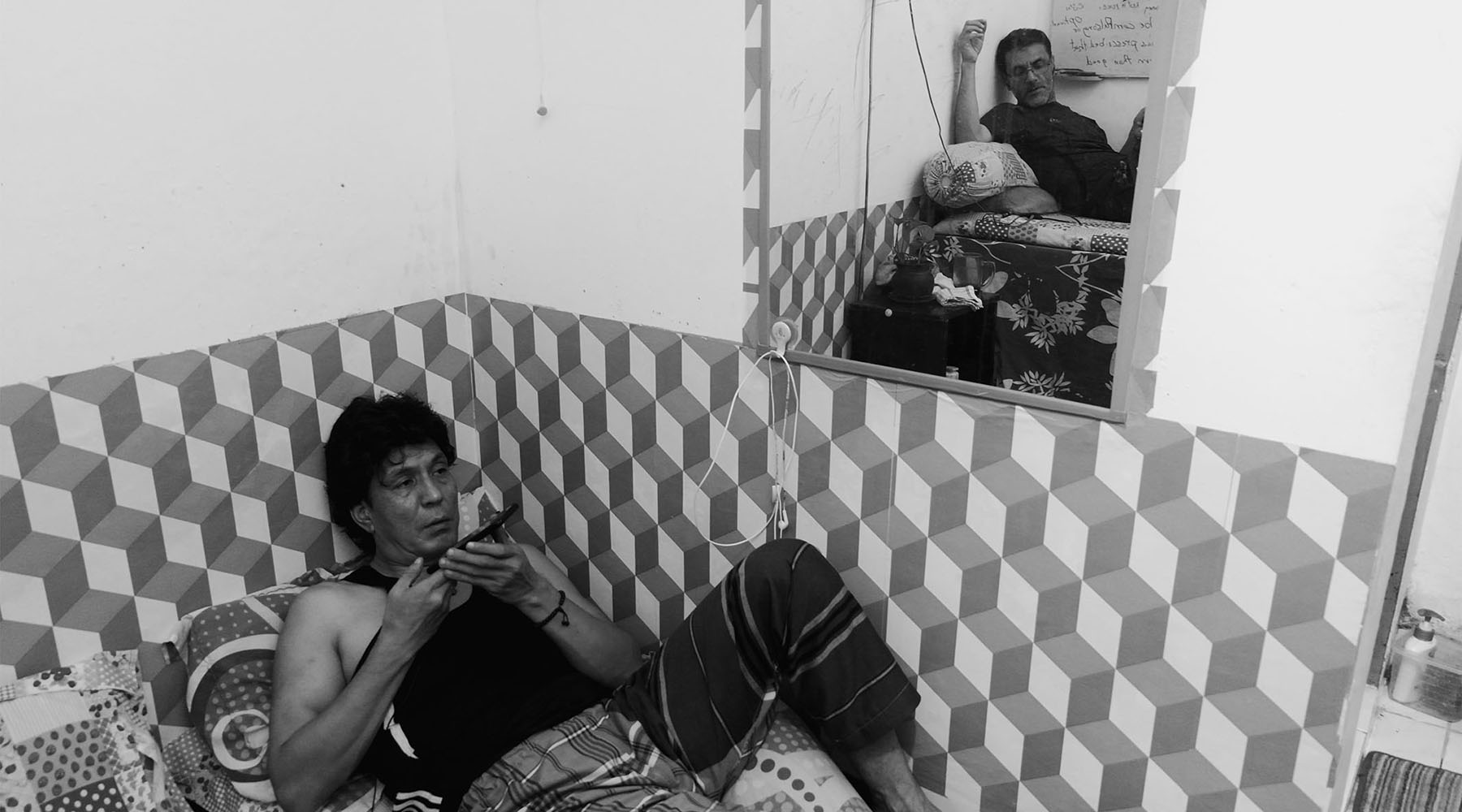
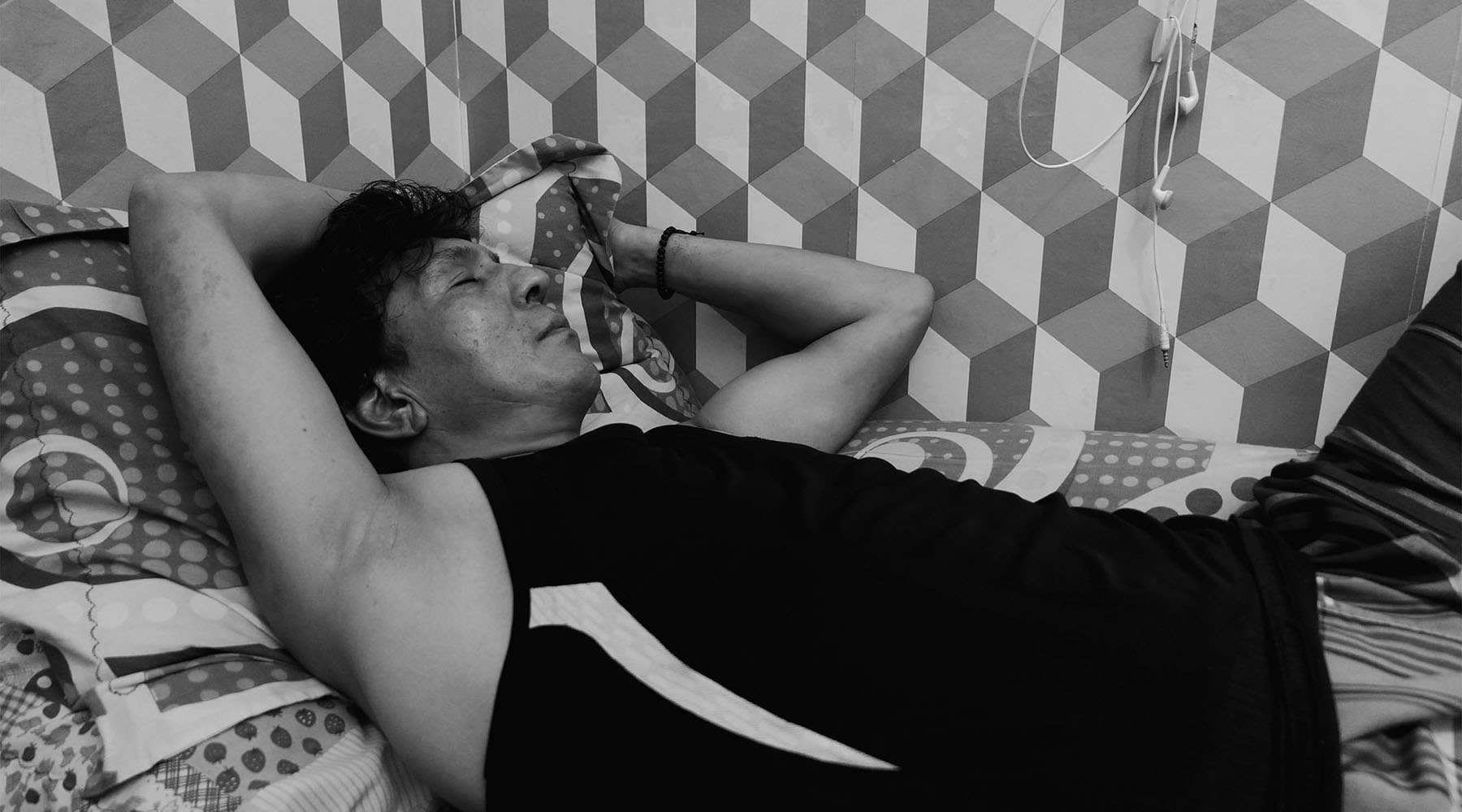
As a Hazara, I wish that the wave of asylum seekers from Afghanistan would stop. However, the fact remains that Hazaras have always been the target of persecution by hard-line groups like Al Qaeda, ISIS, and the Taliban.
Today, the Taliban has control over Afghanistan. Last year, a bomb exploded in front of Bismillah’s house, causing him great anxiety.
“Dad, I’m scared of getting hit by a bomb,” cried his daughter.
Ali Froghi has participated in a number of mural and photo exhibits in Makassar. As an artist and a photographer, he conveys the sadness and pain that the refugees deal with on a daily basis through photographs and videos. His personal project, The Other Side, is a documentary film that reveals the hidden stories of these refugees behind closed doors, forgotten by the media and the world.
This photo story is part of the collaborative series #CeritaPengungsi and #PengungsiMenulis by Project Multatuli and the archipelago. the archipelago is a media collective for writers committed to amplifying the voices of refugee artists and writers in Indonesia:https://www.thearchipelago.org/

